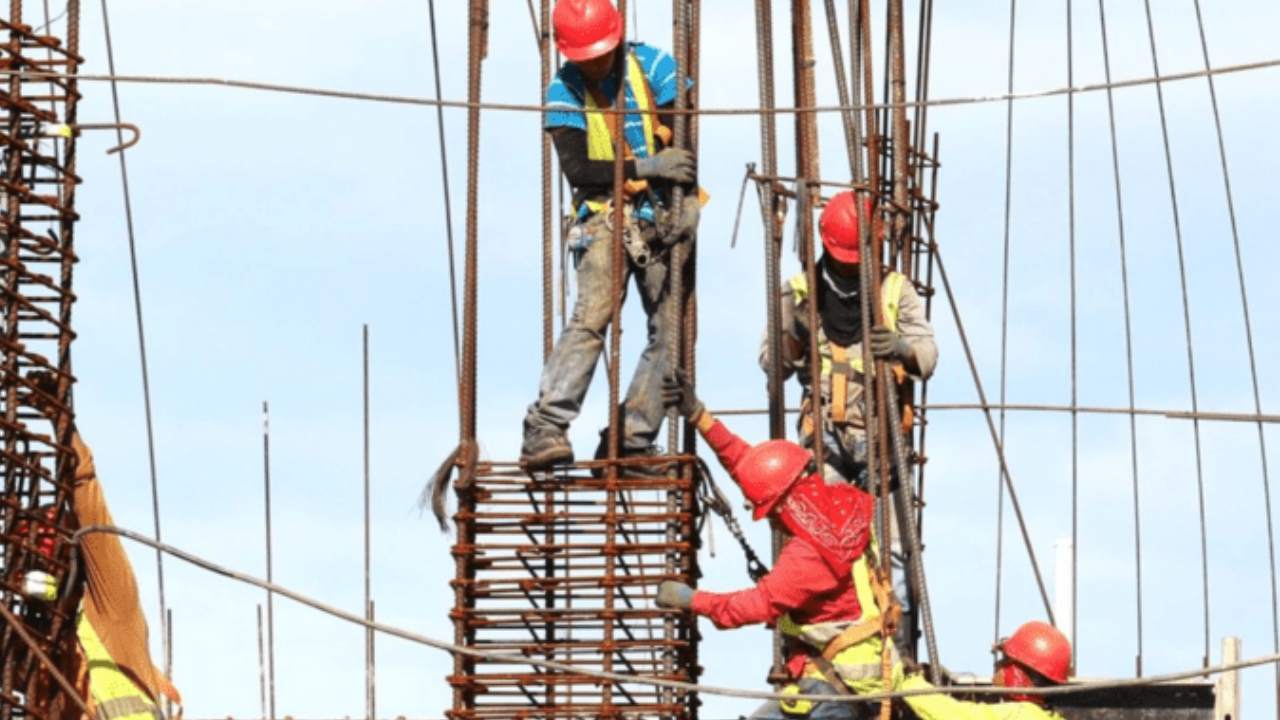The discussion around grooming gangs in the UK has become a breeding ground for division and blame, often focusing on the ethnicity or religion of perpetrators. This scapegoating narrative not only obscures the real issue but also prevents meaningful solutions. By pointing fingers at a particular group, what we’re effectively saying is, “We don’t want to fix the problem. We just want someone to blame.”
The Misplaced Blame on Ethnicity
When we target one ethnic group, what we’re really saying is, “We don’t care about the victim; we care about the ethnicity of the perpetrator.” The implication is that if the offender came from a different ethnic background, we’d somehow be okay with it. This is not justice—it’s racial bias disguised as concern. Such thinking projects personal prejudice onto a complex issue and ignores the root causes of grooming and child exploitation. To those who think this way, I urge you to take a step back. Let your emotions settle and just think: are you solving the problem, or are you fuelling division?
The Real Cover-Up: Ignoring Vulnerable Children

The Labour government has been accused of covering up these cases. Yet the real cover-up may be broader and more insidious: a collective refusal to address the root causes of vulnerability in children. Why are we not discussing why children are vulnerable to grooming? Why aren’t we having tough conversations about broken family structures, lack of education, and failing societal support systems?
How Grooming Gangs Operate
Grooming gangs do not operate in isolation.It’s not as if perpetrators are breaking into homes and abducting children. In nearly every case, victims are lured into places like kebab shops or taxis, offered food, drugs, or attention, and then manipulated into exploitation. Instead of fixating on who the groomers are, we should be asking: why are our children vulnerable to this? Why haven’t we educated them to discern and avoid these situations?
The Importance of Educating Children About Grooming
As a father, I find it deeply concerning that we are not doing enough to protect children from these dangers. Growing up in Karachi, Pakistan—a city with its own challenges, including child exploitation and gang crime—my parents made sure I understood how to navigate these threats.
I was taught:
- Not to trust strangers
- Not to accept gifts or food from unknown people
- To always stay vigilant
Why aren’t we having similar conversations in the UK—a first-world country with far greater resources?
Grooming Gangs: The Data Tells a Different Story
Blaming a specific ethnicity is a convenient way to deflect responsibility, but it does nothing to solve the issue. Data on UK grooming gangs proves that grooming and child exploitation are not limited to one ethnic group.
A 2023 report on child sexual abuse found that:
- 83% of group-based child sex offenders in the UK were white
- 7% were of Pakistani heritage
The reality is that evil knows no skin colour. It exists across all races, religions, and communities. By focusing on ethnicity, we ignore the majority of offenders and fail the victims.
Understanding the Root Causes of Grooming and How to Tackle Them
The real problem is vulnerability. Vulnerable children are often products of broken families, socio-economic hardship, and a lack of education or community support.
When parents are absent or disengaged, children seek attention and care elsewhere, making them easy targets for predators. Evil will always exist, but it thrives where there is vulnerability.
This isn’t to say perpetrators shouldn’t be punished. They absolutely should. However, punishment alone will not fix the issue. The solution lies in addressing why these crimes happen in the first place.
- Families must educate their children and create stable, nurturing environments.
- The government must address systemic issues like poverty, lack of integration, and failing welfare systems.
Get Licensed’s Role in Combating Grooming
At Get Licensed, we are working within the private security industry to contribute to solutions. Security personnel, particularly SIA-licensed door supervisors and security guards are often on the frontlines in environments where grooming begins. Their training now includes anti-spiking techniques and safeguarding vulnerable people who are intoxicated or drugged. However, there’s room for more. Security professionals can be further trained to recognise and intervene in grooming scenarios, and to report concerns to the police.
To further combat grooming, we are developing a free anti-grooming course for families, schools, and security staff. This course will focus on educating people about how grooming starts, how to recognise warning signs, and how to prevent child exploitation. Education is the first line of defence, and it should be accessible to everyone.
Leveraging AI to Prevent Child Exploitation
Technology, particularly AI, presents a powerful opportunity. As we advance into 2025, AI can be used to:
- Analyse behavioural patterns of at-risk children
- Provide families with tools to protect vulnerable kids
- Help law enforcement identify and prevent grooming threats
Politicians, including Keir Starmer, who advocate for AI innovation, should focus on deploying AI to strengthen family systems, improve child welfare, and detect vulnerabilities before predators can exploit them.
Moving Beyond Blame Towards Action
We cannot allow divisive politics to derail the conversation. Figures like Tommy Robinson, who push narratives focused on ethnicity, are not interested in solving the problem. If they were, they would start by addressing vulnerabilities within their own communities.
Exploitation is not a racial issue—it’s a human issue. Punishing criminals and protecting vulnerable children must be the focus.
Conclusion: A Unified Approach to Protecting Children
To those who are emotional about these cases—and understandably so—I ask this:
If someone breaks into your car because you left it unlocked, do you spend your energy focusing on their ethnicity, or do you focus on securing your car?
Protecting children begins with locking the metaphorical doors—strengthening families, providing education, and ensuring community support.
At Get Licensed, we are committed to being part of the solution. The private security industry has a crucial role in protecting vulnerable individuals, but real change requires collective action from families, communities, and governments.
Together, we can build a society where children are protected, not exploited, and where predators have fewer opportunities to take hold.
Let’s move beyond blame and take real action. Vulnerability is the real issue, and solving it is the only way to ensure lasting change.












